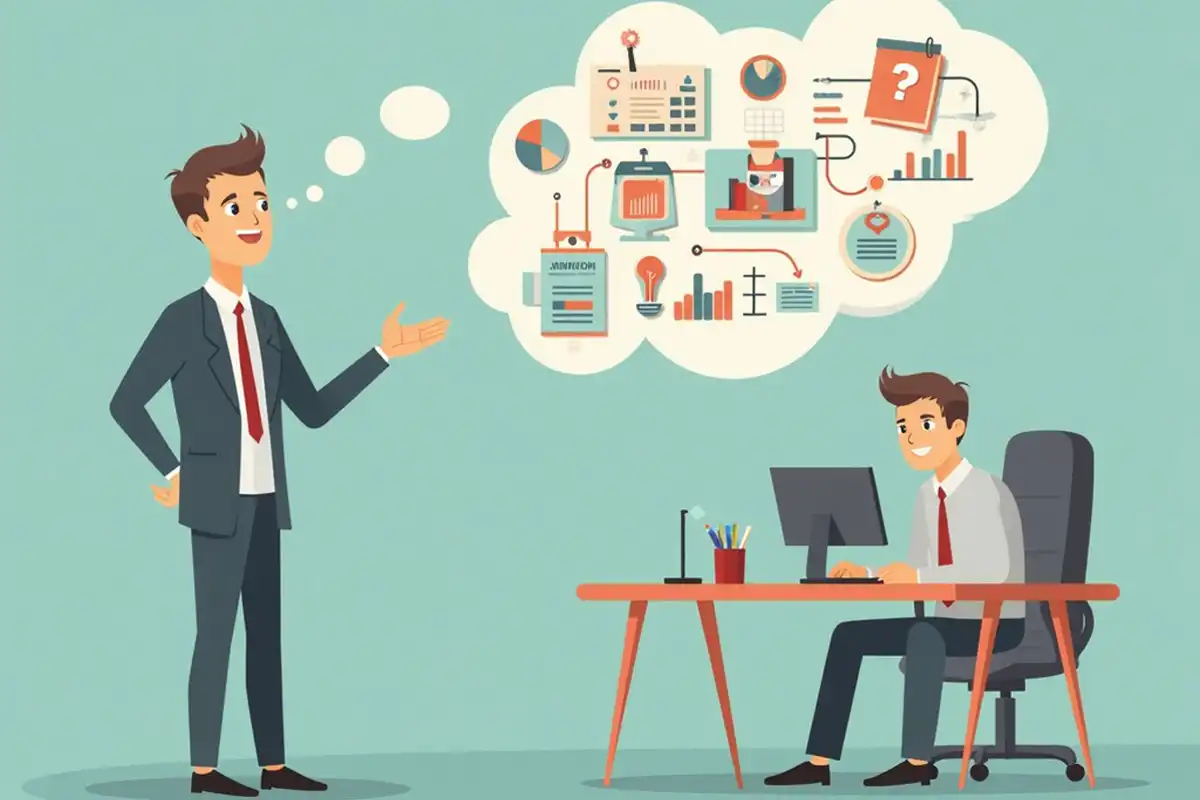All post-Soviet countries have high potential for progress with the development of AI, but the structural problems of the economy, dependence on raw materials industries and management mistakes of the past hinder development.
The entire post-Soviet structure of the manufacturing sector has been preserved to this day. What is taking place is not technological diversification, but an increase in what, in fact, we already know how to produce (monotonous production) since those distant times (wheat, oil, gas, tractors, etc.). And the release of all this is more related to the ill-considered desire to produce more and more (which, in fact, is GDP), rather than based on what and how much needs to be produced for the current market. Everything is based on the principle: a plan is given, while everyone seems to be engaged in the economy and receives a salary (supposedly "labor productivity is growing").
But the problem with the implementation of all this accumulated remains to this day. The bottom line is that money does not return to circulation from what was invested yesterday (in inventory). What is not sold settles in warehouses and is subsequently written off to other balance sheet items (hidden losses). In order not to sell at a loss price, the actual costs of manufacturing already released products are "cut off" and transferred back to the balance sheet (the same hidden losses), they say, then we'll figure out what to do about it. The air is added, in other words. As a result, because of this, among other things, inflation is rising.
We will see soon how much a strong ruble will help fix the situation, although many are betting on this.
Imported technologies introduced "turnkey" even before the imposition of sanctions tend to wear out, and the restoration of these resources is currently carried out only at the expense of Chinese analogues. It's hard to say whether this is good or bad, given that everything Chinese is built on American technology. We have always worked on the principle of "push-button mode" using imported technologies and have done it quite successfully, but above all it happened at comfortable prices for hydrocarbons.
There is enough toxic money (not earned) in the system now to ensure technological progress and compensate for past gaps, especially given the possibilities of implementing AI. But! We need a resource that could do this. Here's the question: where can I find such people? In other words, we need "brains", the very "bees" that understand how to create something of their own based on the same AI (for example) in order to improve the quality of life of people, regardless of what is happening behind the fence. For example, Americans successfully cope with such a task, therefore they are not afraid to limit themselves from others due to the same duties.
Today, those who have money (even printed ones) simply don't know where to invest it. And those who know and know how to do something do not have the resources that the former have.
And yet - how can we talk about attracting external investors at a rate of 21% today? Unfortunately, this is unlikely in the context of tight monetary policy. Everyone goes into speculation. You can earn much more on exchange-traded instruments than on the organization of any production, for example. And the risks are sky-high for the real sector right now.
In the current conditions, it seems to me that it would be more expedient for the state to reduce budget expenditures by reducing those whom the state has been "feeding" for a long time. At the same time, it would be necessary to ensure low taxation (create favorable conditions for private business), which would be an incentive for the development of the real sector. In turn, this would reduce budget costs: we would not have to "feed" so many people at the expense of the budget, everyone would earn for themselves.
And how is it now? Taxes are rising, the rate is rising - and Welcome to all comers. But that doesn't happen, unfortunately. Again, the topic is vast.
All this mess must be completely sterilized and normal conditions created for the healthy creation of the economy. But in order to achieve this, we will have to go through a crisis for the mistakes of the past.

































